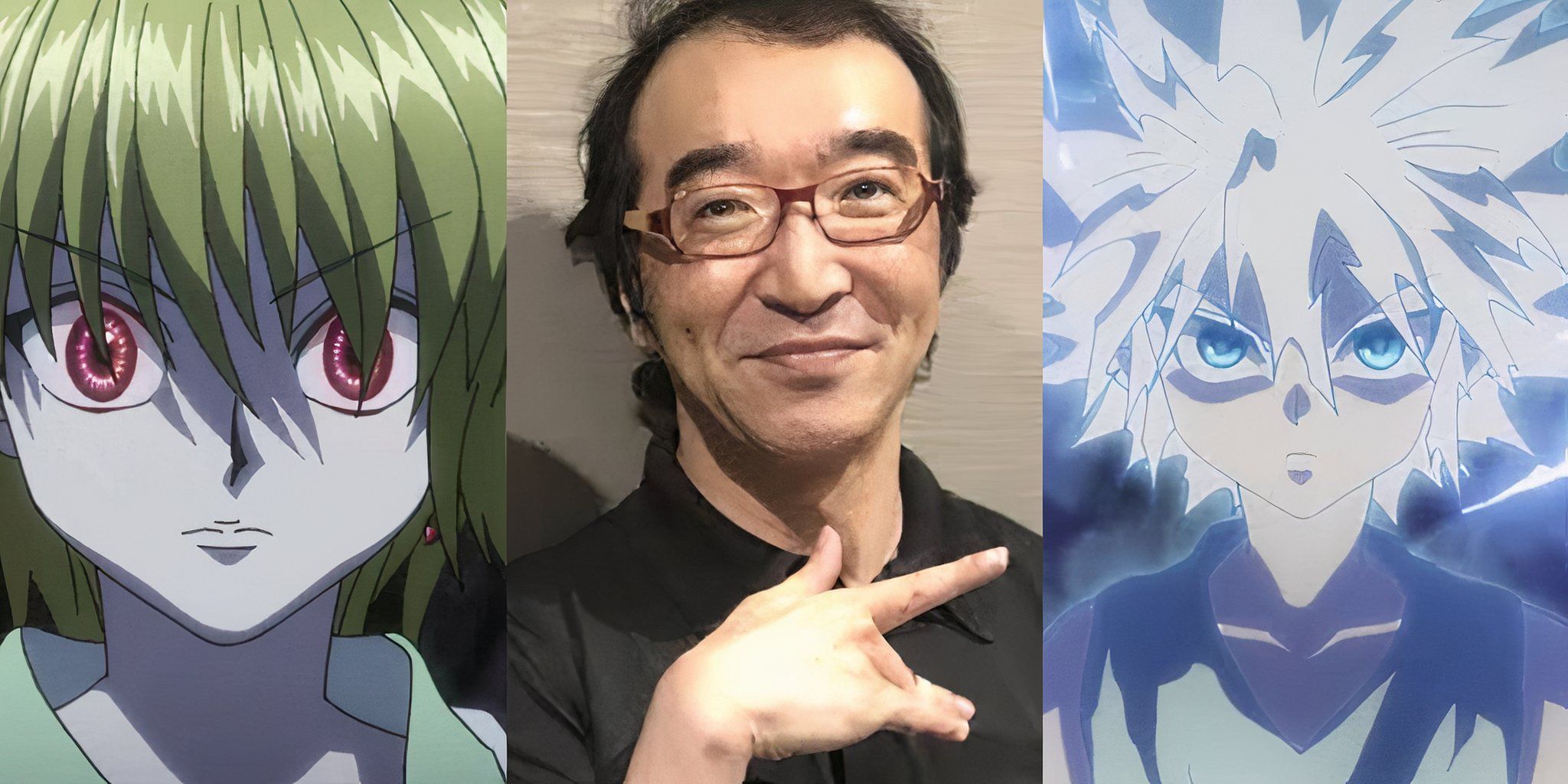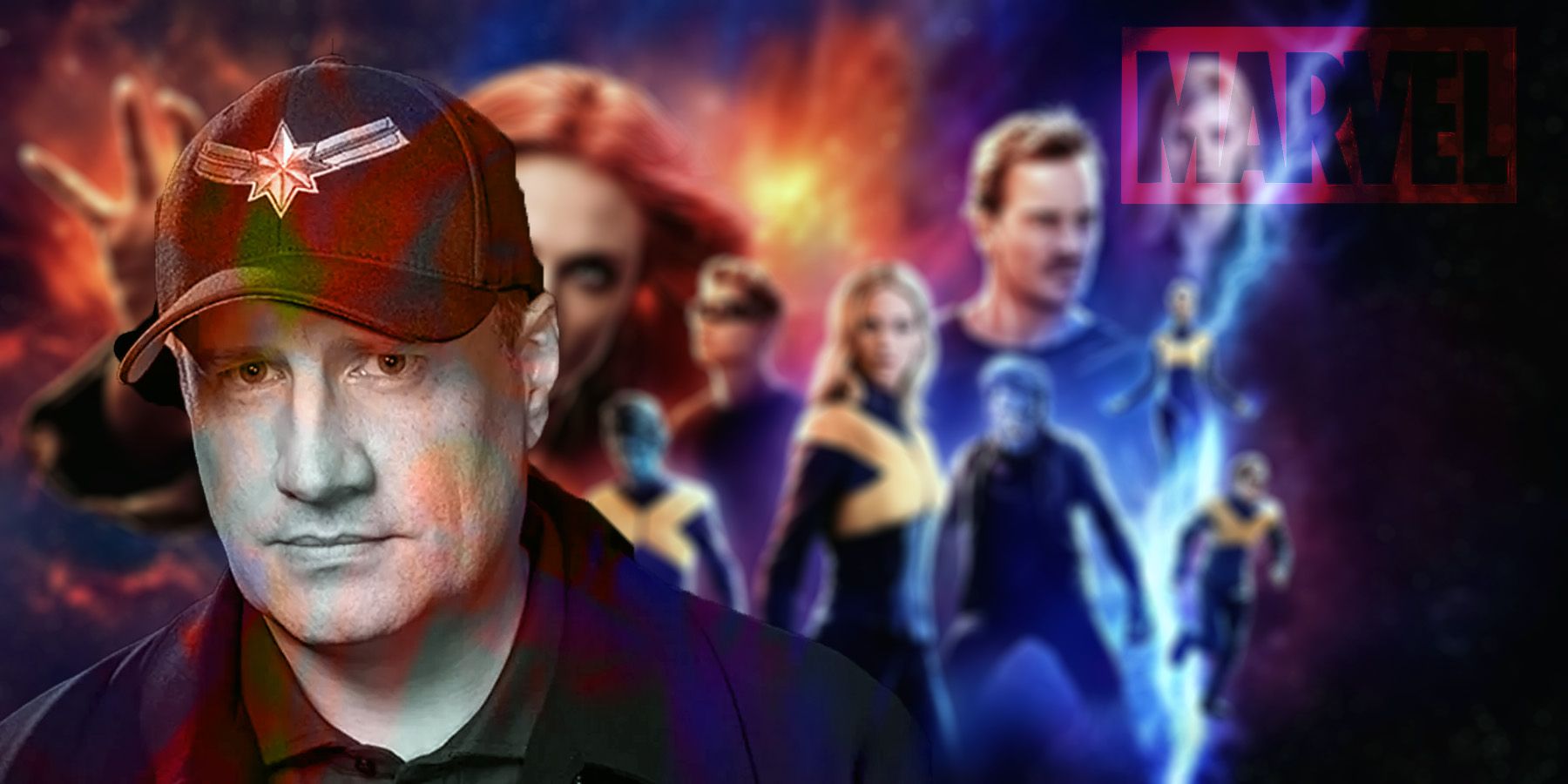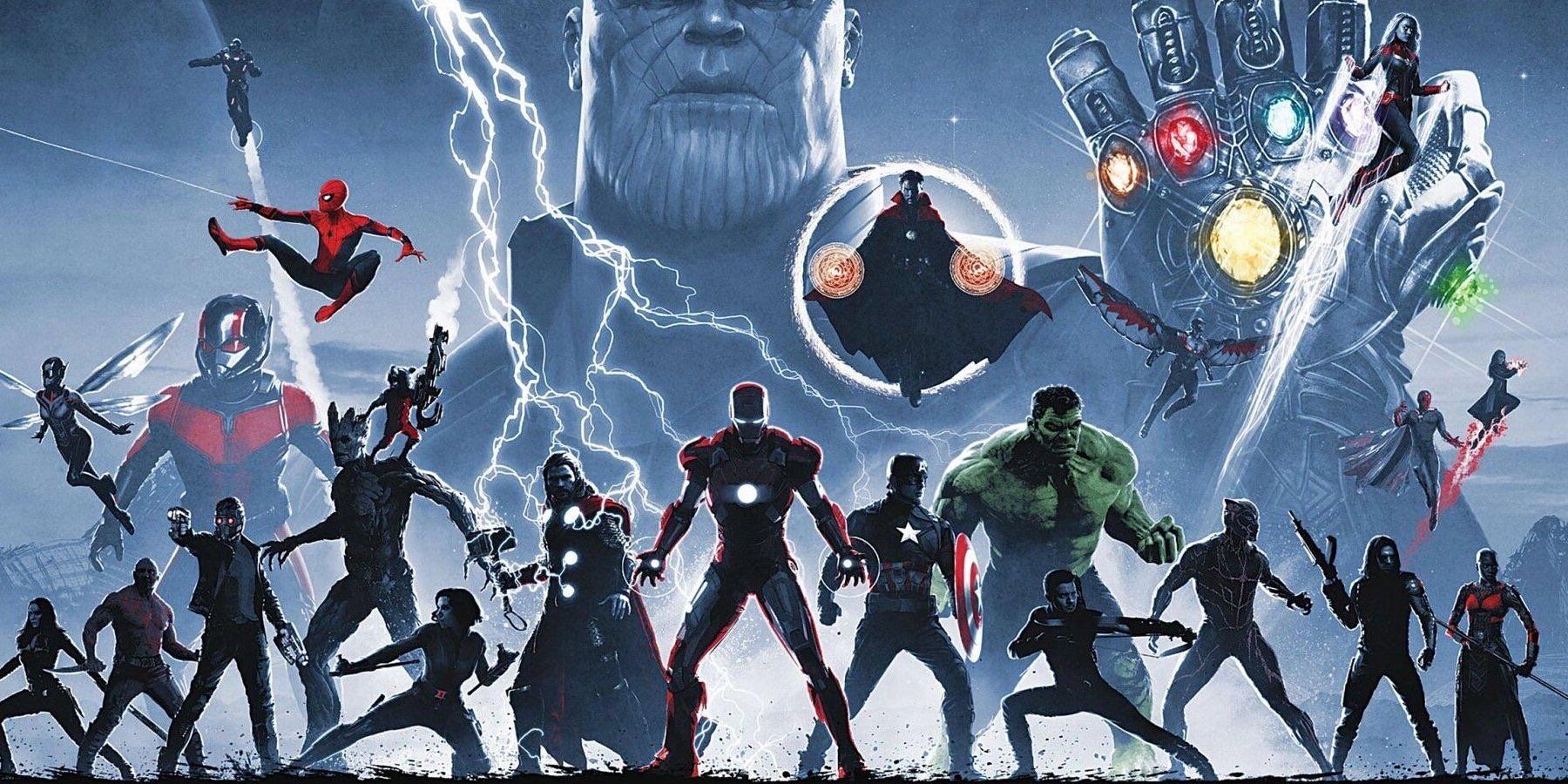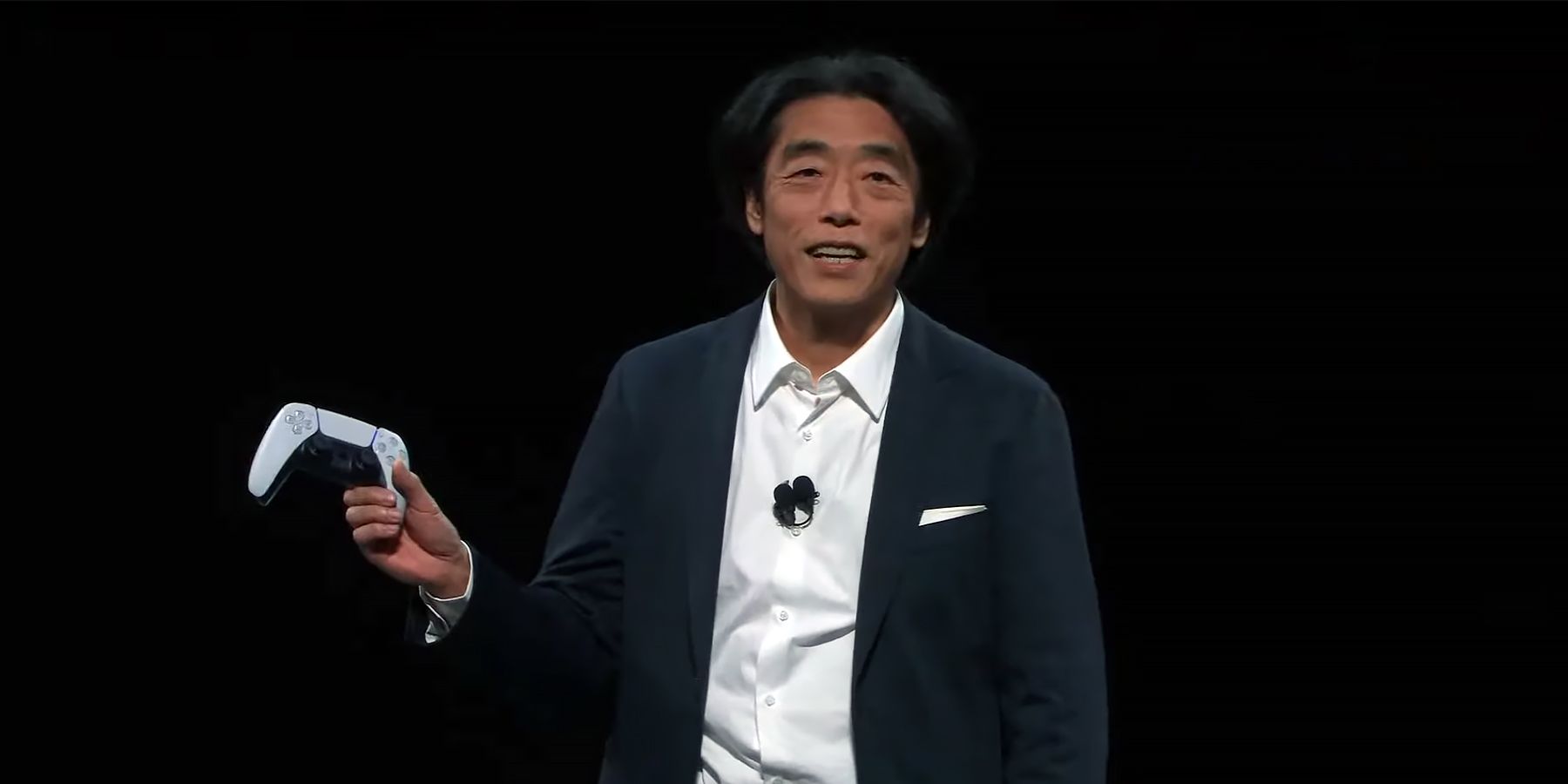Highlights
- Kevin Feige hated the lack of control Marvel Studios had over projects from studios like Fox, New Line, and Sony.
- Feige went to great lengths to secure the rights to as many Marvel characters as possible, even resorting to partnerships with other studios.
- Feige’s plan to exercise control over the massive Marvel Comics IP base may be showing cracks, and a behind-the-scenes leadership change could benefit Marvel.
Marvel Studios boss Kevin Feige hated one thing about the Marvel films that came before his highly popular Marvel Cinematic Universe (MCU).
Before the MCU was brought to life by Kevin Feige, several Marvel characters like Spider-Man and the X-Men had their film rights licensed out to big studios. However, most of the regular Avengers lineup remained firmly in Marvel’s hands. From then on, Feige and Marvel Studio would begin building one of the most commercially successful media franchises of all time, starting with 2008’s Iron Man and expanding to include more than 30 feature films to date and a dozen more in development, with even the MCU’s lowest grossing films at the box office bringing in significant amounts.
While Feige’s interconnected universe has undoubtedly overshadowed everything that came before, other Marvel projects outside of his purview affected Feige’s attitude. The Direct notes that in the tell-all book MCU: The Reign of Marvel Studios, it’s revealed that Feige, who was almost fired from Marvel Studios until Bob Iger’s intervention, hated the lack of control Marvel had over the projects that had come out from Fox, New Line, and Sony. Marvel writer Craig Kyle noted why Feige felt it was important to gain creative control.
“From the moment I touched down in Marvel, Kevin had been telling Avi [Arad] we have to get the rights back. Avi was in a situation where he represented all of Marvel. He was the face of Marvel Studios. Kevin was in there to make great movies. That could never be a guarantee until we could actually control the process.”
The issue is one that others also outline, with producer David Maisel describing it by saying, “Your character is in limbo and somebody else controls it. When you make a movie deal for a license, you’re freezing animation, you’re freezing a lot of other things. You’re handing over your babies to somebody, and nothing happens.” Feige seems acutely aware of this and has gone to great lengths to secure the rights to as many diasporic characters as he can, resorting to partnerships to bridge the gap where retrieval falls short, such as with Sony and Spider-Man. Feige’s former boss Arad, who quit a year after Feige’s plans were set into motion to create his own company and doubted the MCU strategy from the beginning, would go on to blast Feige’s Spider-Man consolidation attempts in his book.
It’s difficult to look at Feige’s production credits, sitting at a combined $29.1 billion in box office draws, and conclude that he’s anything but a genius. However, the cracks are beginning to show in his plan to exercise control over an IP base as large as Marvel Comics. The MCU has bloated over time, despite creative decisions to write out several characters as time has gone by, and there has been talk of Feige looking to reboot the MCU with Avengers: Secret Wars as a tactic to manage the massive machine he’s built for some time now. While the interconnected universe model was a winner during the Infinity Saga and inspired other companies to follow suit, the recent success of well-made standalone projects like The Batman, in contrast to the general lull in interest seen across all interconnected franchises, might signal the end of the era.
It seems clear now that Marvel could benefit from a behind-the-scenes leadership change, as Feige has done more than enough for the studio and MCU franchise and might now be overstaying his welcome. A new leader might take a drastically different route with the franchise going forward, which could see Marvel properties return to the status quo that Feige is so set against.
Source: The Direct









